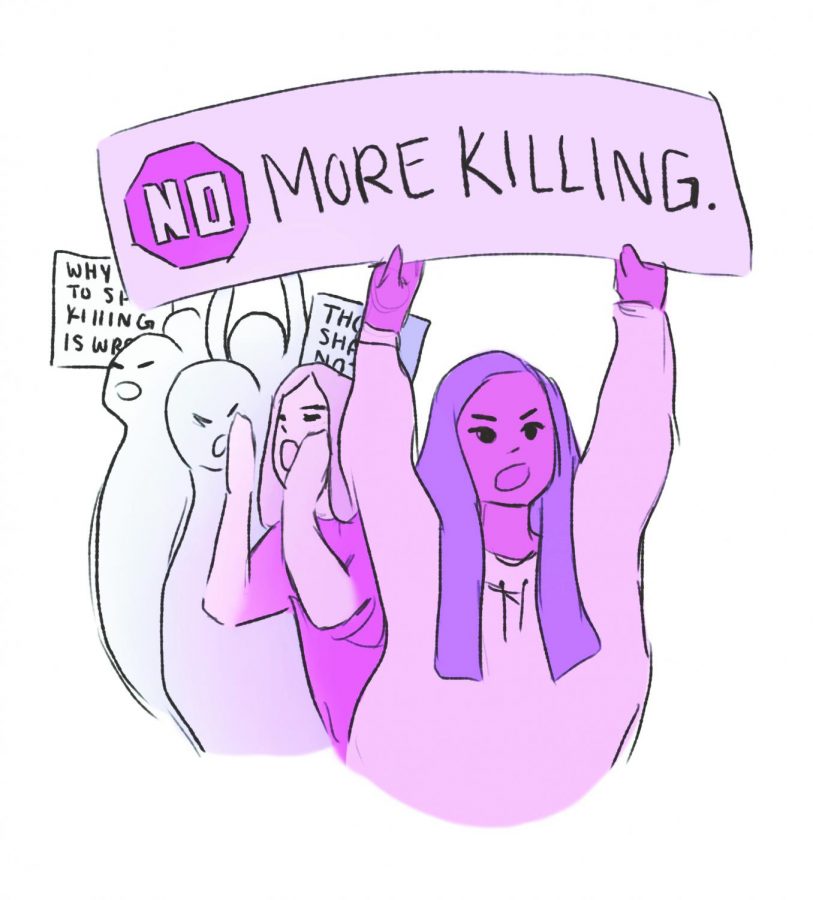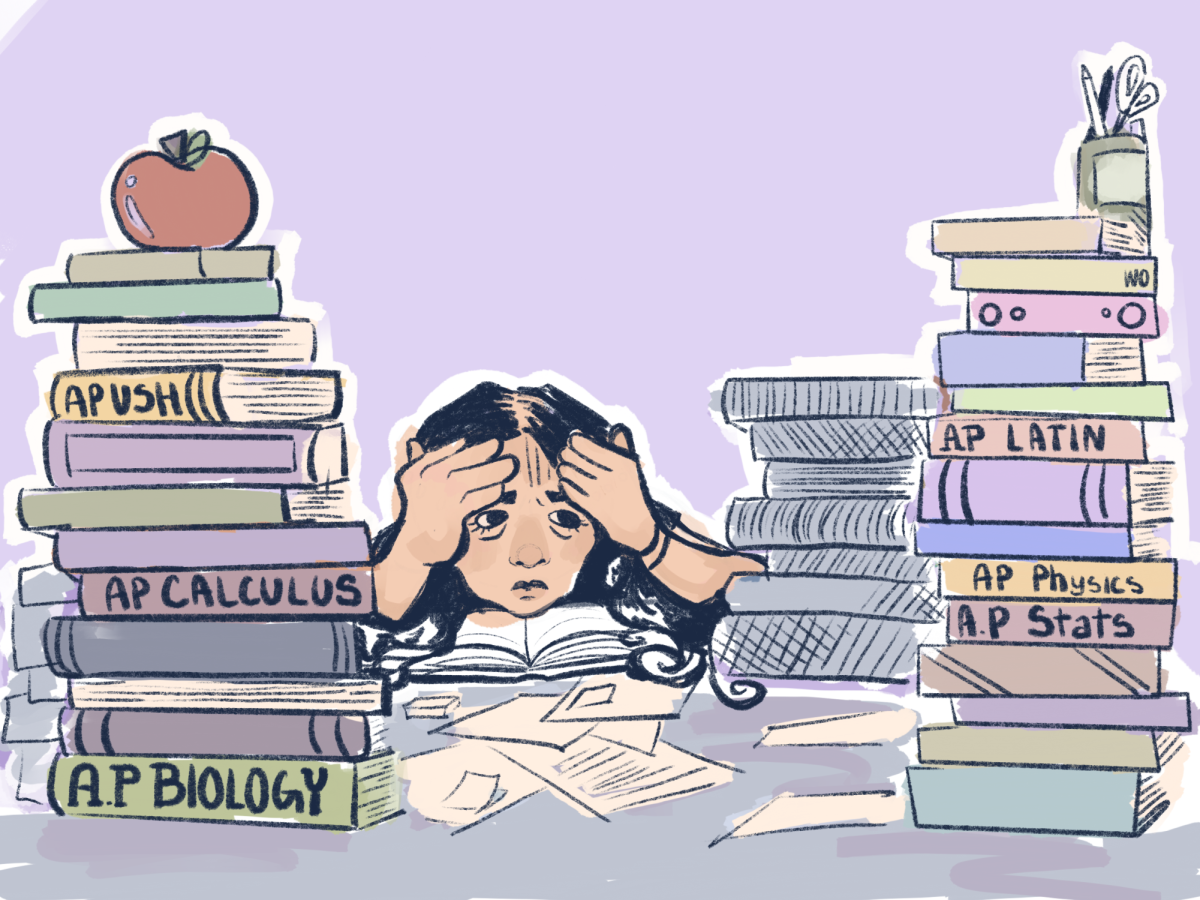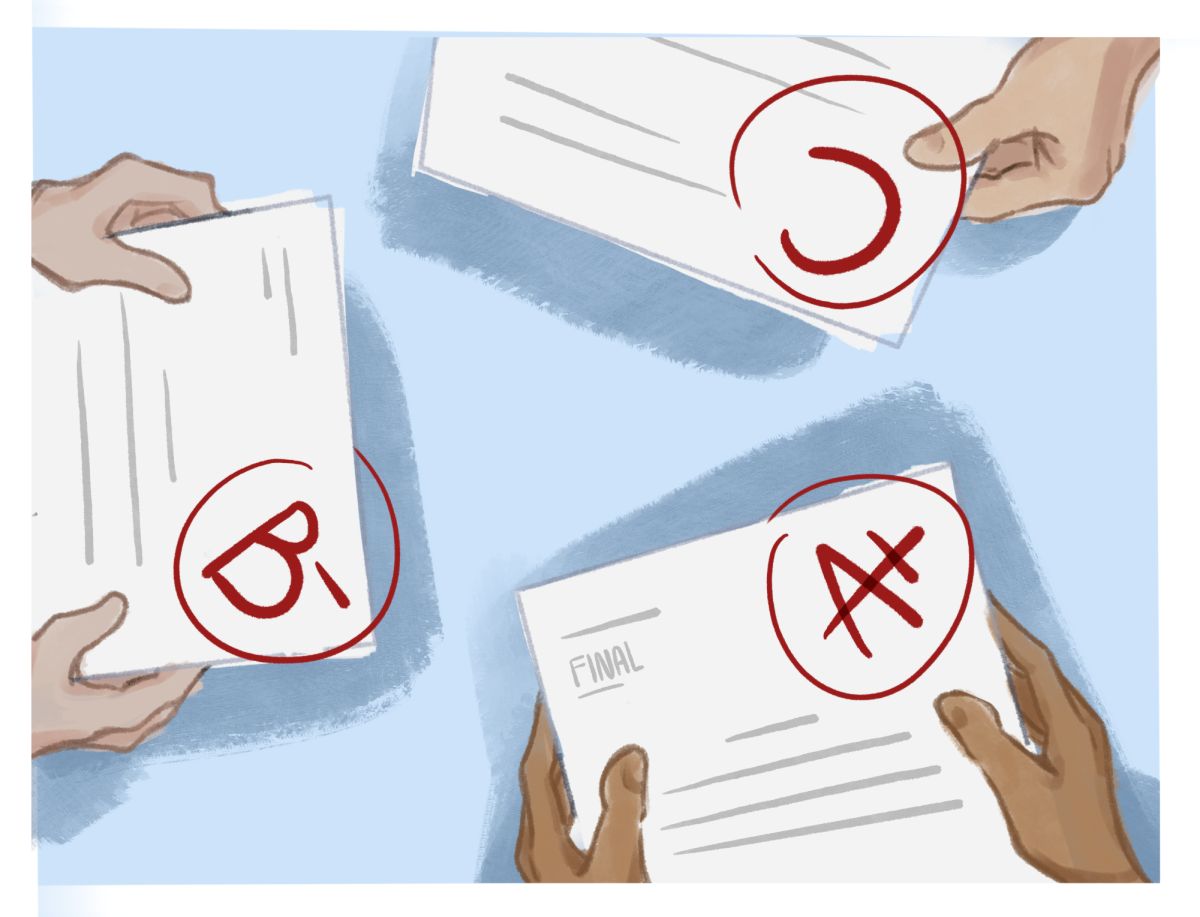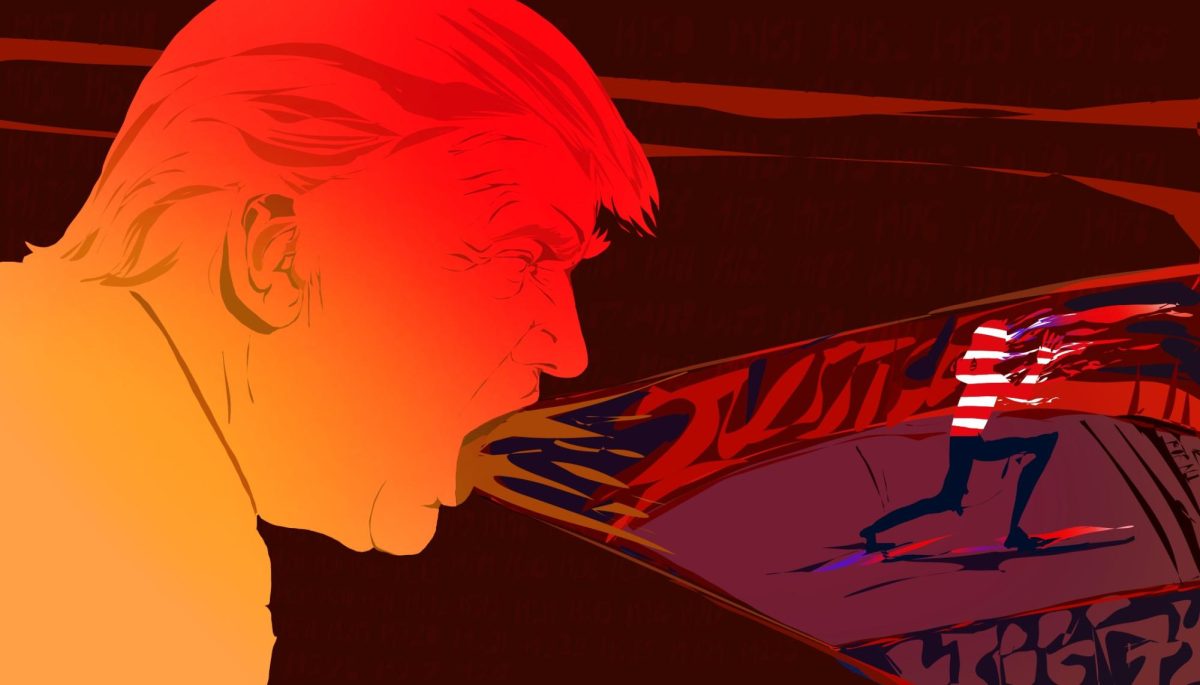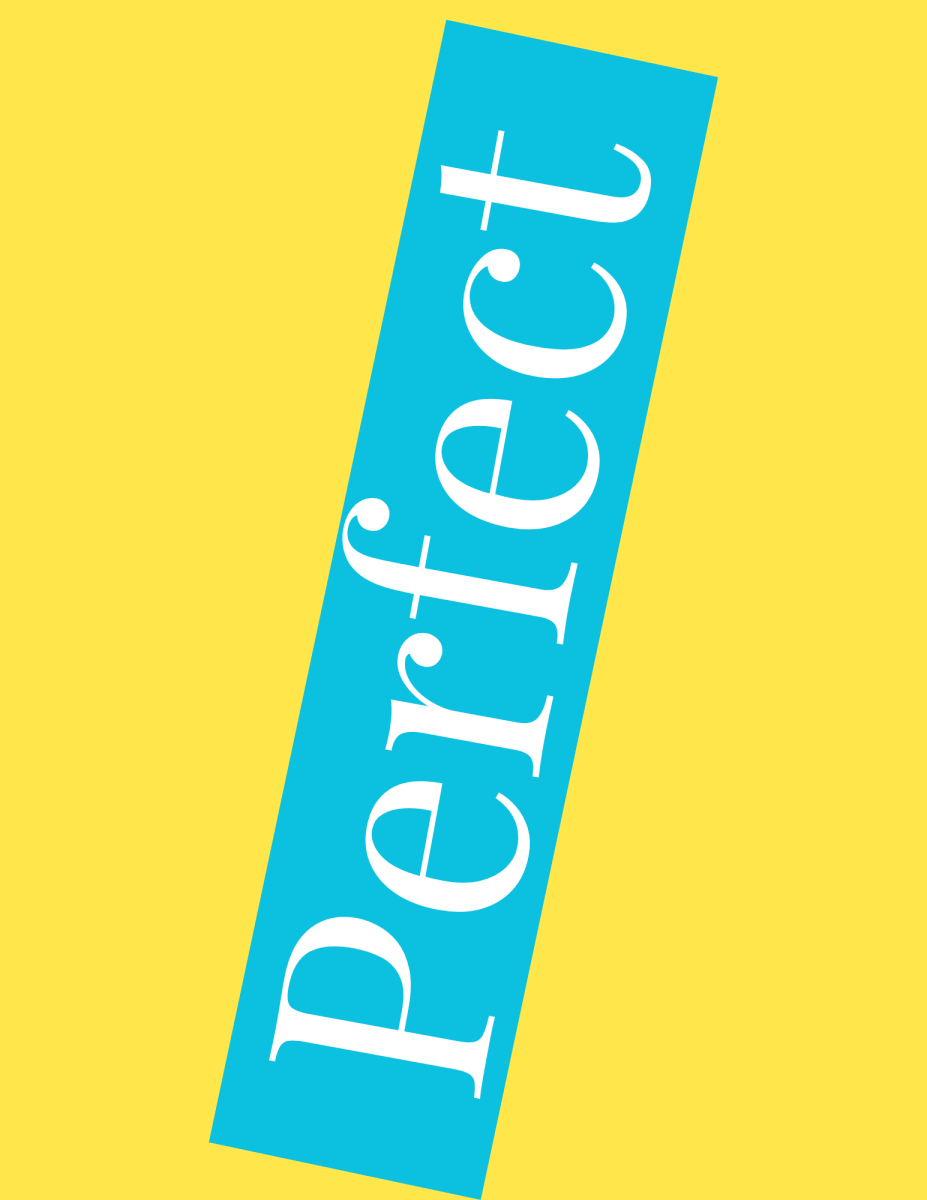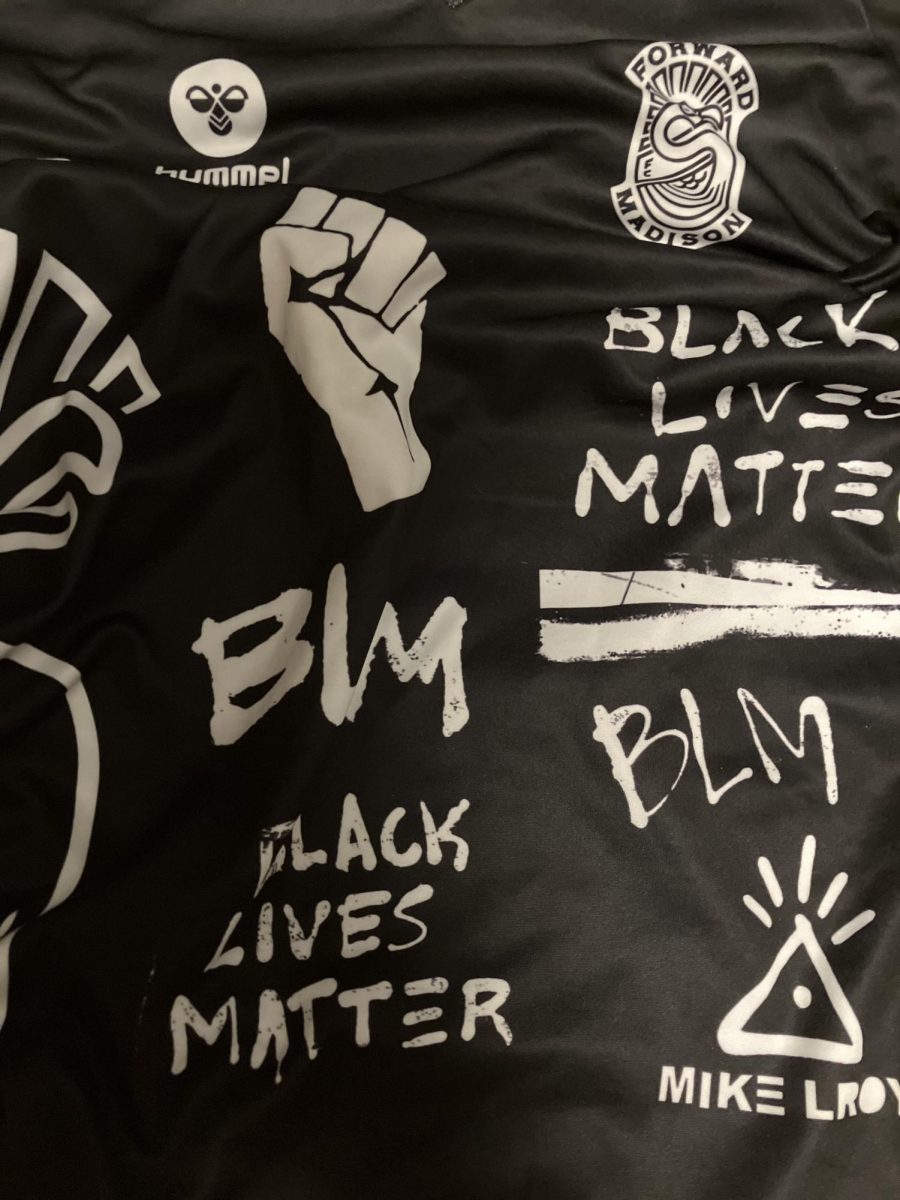The death penalty is used as a tool of discrimination and racial inequality. The fact remains that regardless of what they have done, criminals are still people. The death penalty places value on only certain people’s lives. Furthermore, race plays a major role in deciding between life and death in the U.S. According to the NAACP, a civil rights organization, 42% of people on death row are Black, yet they only make up 13% of the population. Additionally, many studies suggest that when the victim is white, the accused are many times more likely to get sentenced to the death penalty.
In the case of Brandon Bernard, a Black man sentenced to death row and executed in December 2020, he was convicted of crimes committed when he was 18, an age when the brain is still developing crucial social, emotional, and cognitive control systems. At this adolescent age, the accused is exempt from the death penalty. Nonetheless, Bernard was executed. An execution for crimes committed while one’s brain was not yet fully developed is blatantly immoral.
It’s time to ask ourselves, is the death penalty still a necessary punishment? The answer to this question lies in the root of crime in the U.S., something that the death penalty does not address, nor does it provide public safety. According to the Death Penalty Information Center, there were 1,184 executions in the South and 4 in the Northeast over the past 40 years. Yet homicide rates still remain 70% higher in the South. If the death penalty has no positive effect on public safety, why is it still in use? Instead, we should focus our time and resources on helping the victim’s families. Not all families are in support of the death penalty, but their opinions are often not considered; adding on to an already extremely traumatic experience.
All humans are capable of change, no matter their past actions, and all humans deserve the opportunity for a second chance. With the necessary resources and help, we can rehabilitate convicted criminals, and we are capable of doing this while still keeping dangerous people separate from society. Our current criminal justice system needs change. It needs to do more than simply punish, it needs to provide the opportunity for rehabilitation. It is time to question whether the death penalty is doing more harm than good. Do we continue with an institution that is inflicting harm on our country? Do we continue to use a form of punishment that is so traumatizing to everyone involved? Do we continue to inflict the death penalty, knowing it is applied in a racist manner? If we continue to murder other humans for their murders, what does that make us? The death penalty is an outdated and immoral practice, and it needs to be abolished.


